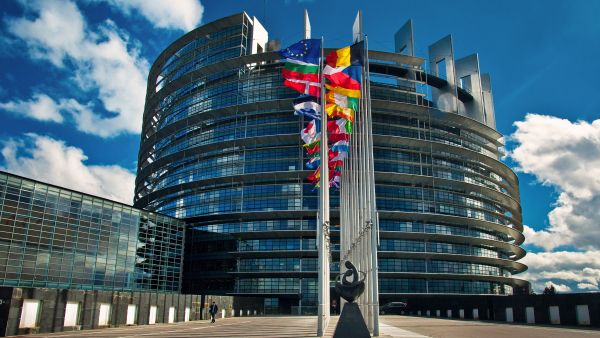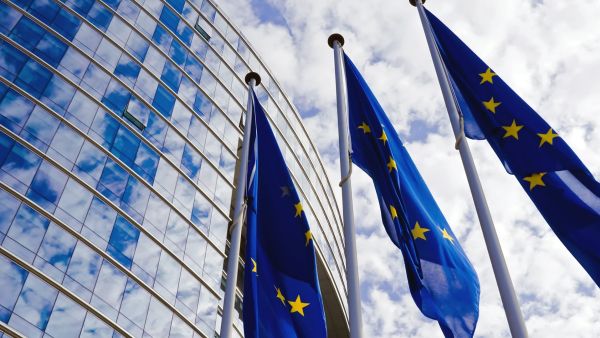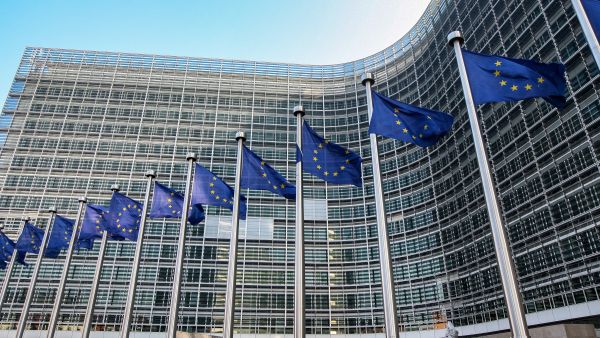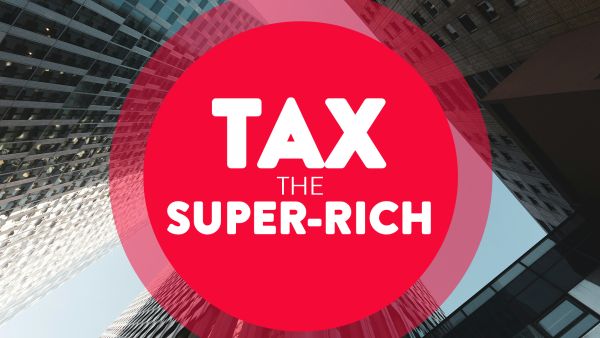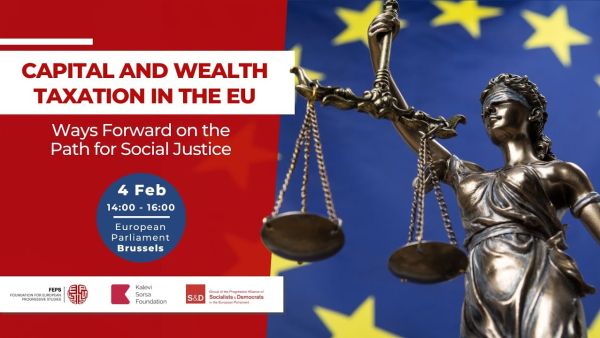Reacting to today’s approval of an up-dated EU black list of tax havens by EU foreign ministers, the Socialists and Democrats in the European Parliament condemned that rich and powerful countries are given a pass, and reiterated their call for tougher criteria for the EU’s tax havens list.
Aurore Lalucq, S&D MEP and spokesperson on tax matters, said:
“Yet again, the EU tax havens list has let the worst offenders off the hook. 12 countries are blacklisted, all of them tiny and among them 11 tropical islands. No big country, no rich country, no EU country was blacklisted. Australia, which failed to fulfil its anyway rather opaque commitments to abolish its harmful tax regime, got away with an extension. No wonder the EU tax havens list only covers 2% of the money hidden away in tax havens, making it a blunt weapon in the fight against tax crimes.
“In 2021, EU governments must finally turn the list into a robust tool by equipping it with tougher criteria that really work. How is it possible that only two out of 13 countries with a zero tax rate made it onto the list? What clearer sign could there be for a tax haven than companies paying no corporate tax at all? We demand that a zero tax rate must lead to automatically being blacklisted.
“A minimum effective tax rate internationally and EU-wide is the only way to put a floor to harmful tax competition. Our economic model can no longer rely on a race to the lowest tax rate between EU countries. We must put our own house in order and place all the tax havens on this list, including European countries. This will be a first step towards a new model based on transparency and cooperation, and will fight tax evasion everywhere in Europe.”
Jonás Fernández, S&D MEP and spokesperson for economic and monetary affairs, said:
“The OpenLux revelations have been a painful reminder that, even within the EU, tax havens are flourishing. The screening procedure should be extended to all EU countries, which are currently exempt. Even with today’s weak criteria, a number of EU countries would appear on the blacklist. In our recent resolution, the European Parliament commits itself to investigating and scrutinising all EU countries involved in tax avoidance. Only if we keep our own house in order will Europe be a credible leader on tax justice.
“The Code of Conduct Group – the body tasked with screening tax havens – meets behind closed doors and outside of the public eye. To ensure proper scrutiny and more transparency, the European Parliament must be involved in the process.
“After years of blockage, EU ministers will this week decide on public country-by-country reporting, which would oblige transnational companies to disclose tax information and thereby prevent tax avoidance. We call on EU ministers to be courageous and take this important step for tax justice.”
Note to the editors:
You can find the European Parliament resolution adopted by the full plenary on here.
In 2017, the EU published the first EU blacklist and ‘grey list’ of tax havens, officially known as the EU list of non-co-operative jurisdictions for tax purposes. Member states bring together these lists in the Code of Conduct Group for business taxation, a secretive group of government experts, according to three criteria: transparency, fair taxation and commitment to the OECD anti-BEPS (base erosion and profit shifting) package. Countries that fail any of these three criteria go onto the blacklist (officially Annex I), unless they commit to implementing reforms, in which case they are put on the ‘grey list’ (officially called Annex II).
Commitments made by some countries currently appearing in the so-called ‘grey list’ remain undisclosed. This is currently the case for Australia for which both ST 5134 2020 INIT (2020) “Progress Report – Australia” and ST 5007 2019 INIT (2019) “The EU list of non-cooperative jurisdictions for tax purposes - Commitment letter by Australia on its newly identified regime AU001” remain inaccessible. The harmful regime identified for Australia, “Offshore banking unit”, was only named in the overview of the preferential tax regimes and other measures examined by the Code of Conduct Group (Business Taxation) under EU listing criteria 2.1 and 2.2 (ST 8603 2020 - June 2020).





